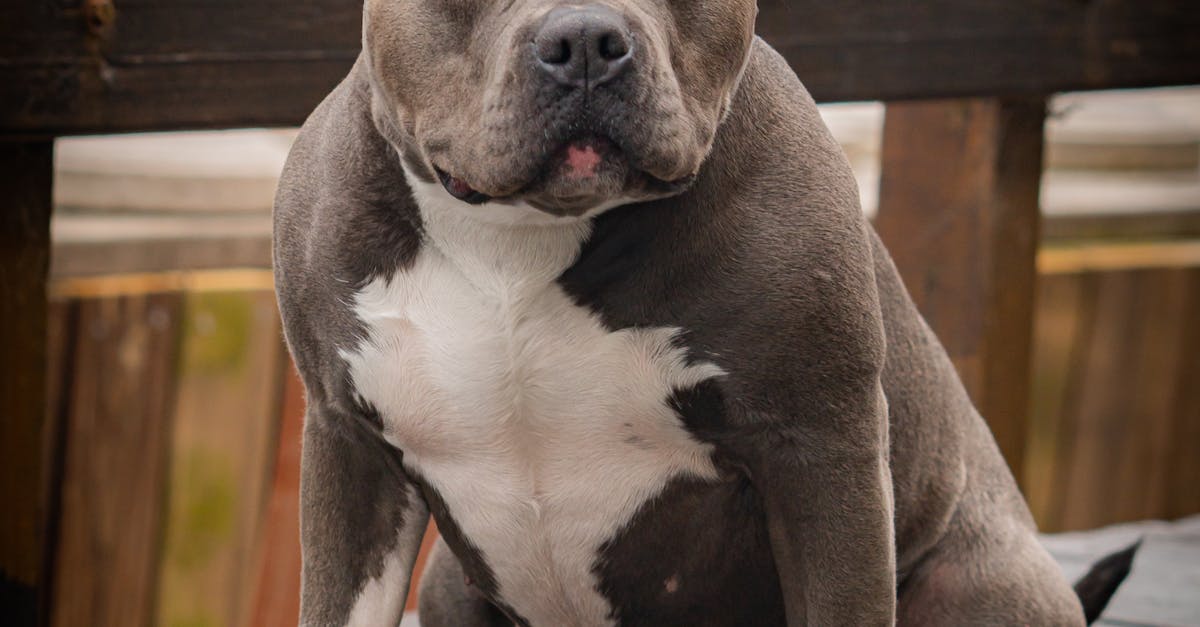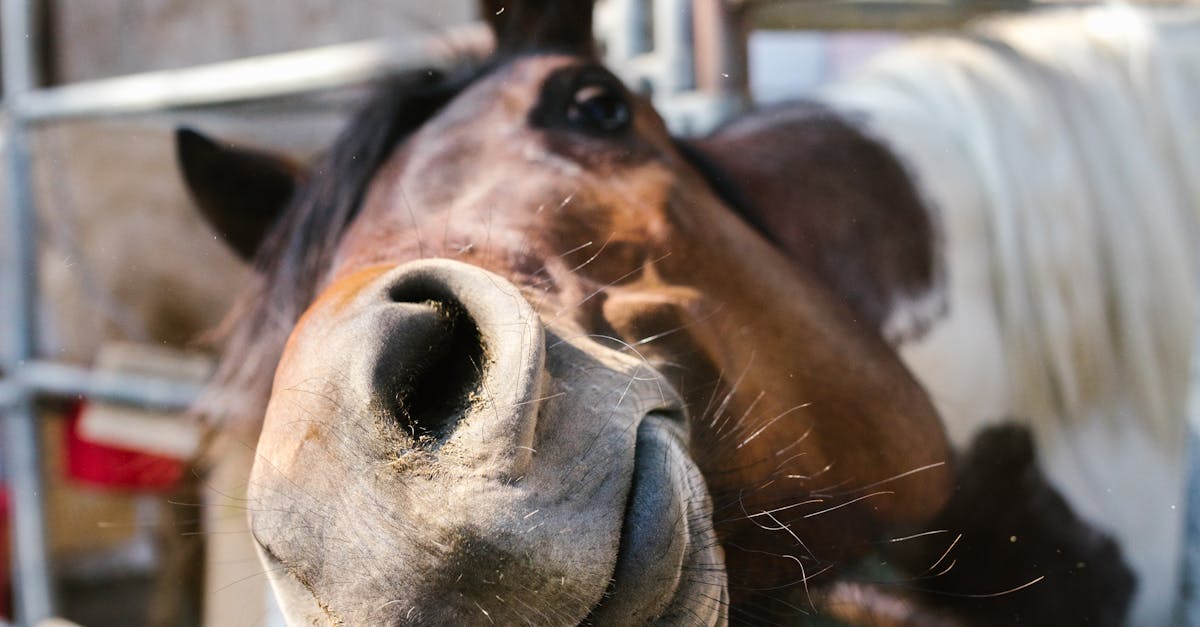Does your dog seem overly nervous, clingy, or easily startled? Just like people, some dogs are naturally more prone to anxiety. While all dogs can experience stress, certain breeds are more likely to exhibit anxious behaviors due to their genetics, temperament, or environment. Understanding your dog’s anxiety can help you provide the care they need to feel safe and secure.
🐾 Breed Snapshot
Several dog breeds are more likely to experience anxiety than others. These breeds tend to be highly sensitive, intelligent, or deeply bonded to their owners, which can make them more prone to stress in certain situations. Here are some common examples:
- Border Collies: Known for their intelligence and energy, these dogs can become anxious if they aren’t mentally or physically stimulated enough.
- German Shepherds: Loyal and protective, German Shepherds may develop separation anxiety if left alone for long periods.
- Chihuahuas: These small dogs often feel vulnerable, which can lead to nervous or clingy behaviors.
- Jack Russell Terriers: Their high energy levels can turn into nervousness if they don’t have enough outlets for exercise and play.
- Greyhounds: Sensitive and gentle, Greyhounds may struggle with anxiety in unfamiliar environments.
While these breeds are more predisposed to anxiety, any dog can develop stress-related behaviors depending on their circumstances.
🧬 Personality & Behaviour
Why are some breeds more prone to anxiety than others? It often comes down to a mix of genetics and individual temperament. Breeds that were historically bred for work, like herding or guarding, tend to be more alert and sensitive to their surroundings. This heightened awareness can sometimes lead to overreacting to changes or perceived threats.
For example, Border Collies are natural problem-solvers, but their intelligence and energy can work against them if they don’t have enough stimulation. Similarly, smaller breeds like Chihuahuas may feel insecure due to their size and develop clingy or fearful behaviors as a result.
Anxiety in dogs can manifest in several ways, including:
- Excessive barking or whining
- Pacing or restlessness
- Destructive chewing
- Hiding or cowering
- Licking or grooming excessively
- Changes in appetite
Each dog is unique, and their personality plays a big role in how they respond to stressful situations.
🧼 Health & Grooming Needs
Stress and anxiety can sometimes be linked to a dog’s physical health or grooming routine. For instance, dogs with chronic pain or untreated health conditions may display increased anxiety. Breeds prone to joint issues or skin sensitivities, such as German Shepherds and Greyhounds, may experience discomfort that contributes to their stress.
Regular grooming can also impact a dog’s anxiety levels. Some breeds, like Poodles or Cocker Spaniels, require frequent grooming, and a stressful grooming experience can heighten their overall anxiety. To help, make grooming sessions as calm and positive as possible by introducing them slowly to the process and using plenty of treats and praise.
If you suspect your dog’s anxiety is related to a medical issue, consult your veterinarian to rule out underlying health concerns.
💡 Vet Tips for Pet Parents
As a pet parent, there are many ways you can help your anxious dog feel more secure and comfortable. Here are some practical tips:
- Provide a predictable routine: Dogs thrive on consistency. Set regular schedules for feeding, walks, and playtime to give them a sense of stability.
- Create a safe space: Designate a quiet, cozy area where your dog can retreat when they feel overwhelmed. A crate or a comfy bed in a low-traffic room can work well.
- Use positive reinforcement: Reward calm and relaxed behavior with treats and praise to encourage confidence.
- Exercise and mental stimulation: Physical activity and puzzle toys can help burn off nervous energy and keep your dog’s mind engaged.
- Try calming aids: Products like pheromone sprays, calming collars, or anxiety wraps may help your dog feel more at ease.
For dogs with more severe anxiety, behavioral training or working with a certified dog trainer can be incredibly beneficial. In some cases, your vet may recommend anxiety medications or supplements to help your dog cope.
FAQs
Q: How do I know if my dog’s anxiety is serious?
A: If your dog’s anxiety is interfering with their quality of life or leading to destructive behaviors, it’s time to consult your vet. They can help identify triggers and recommend a treatment plan tailored to your pet’s needs.
Q: Can an anxious dog improve over time?
A: Yes, with the right training, routine, and support, many anxious dogs can learn to manage their stress. Patience and consistency are key.
Book a $49 online vet consultation at https://www.dialavet.com for fast, expert advice.























